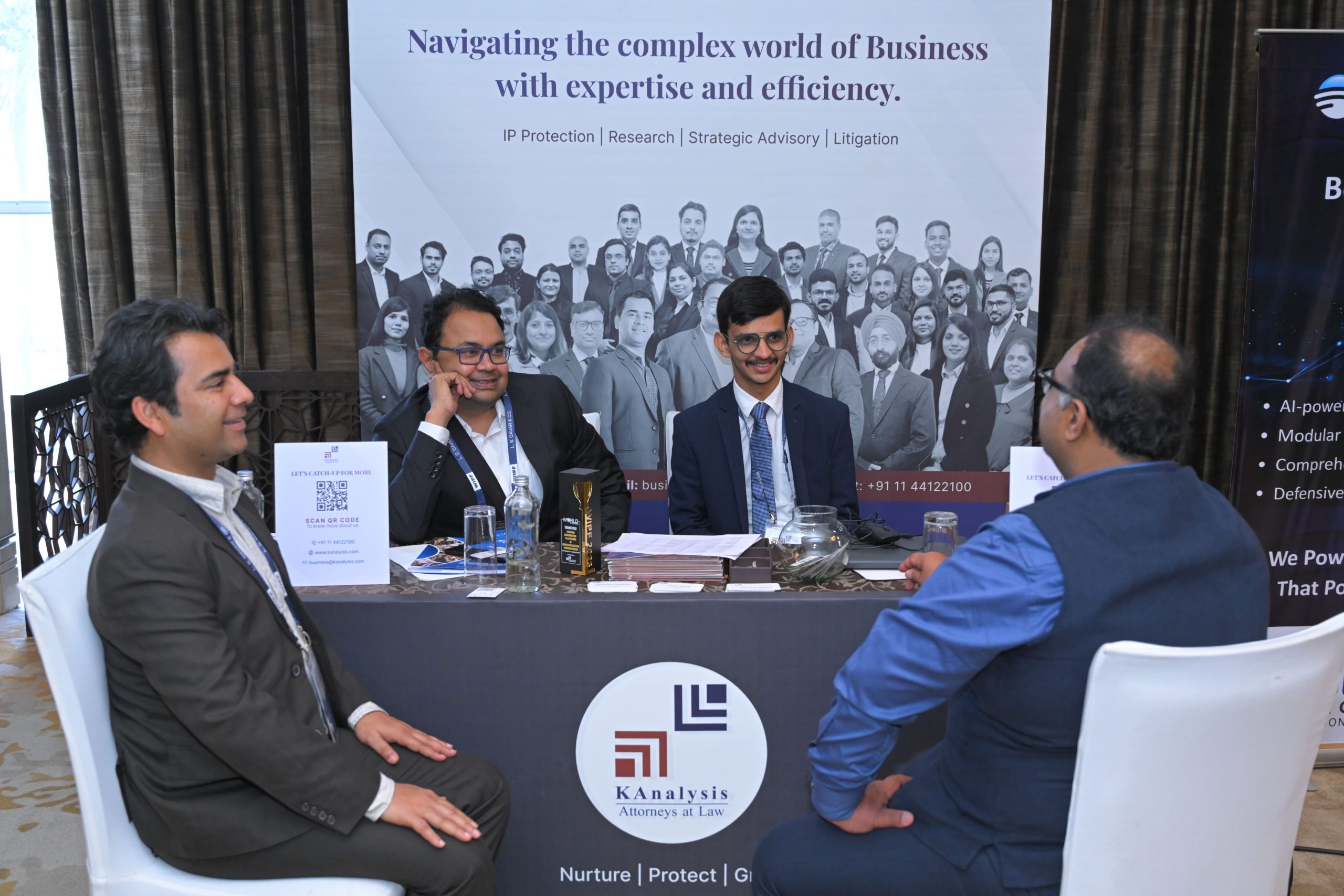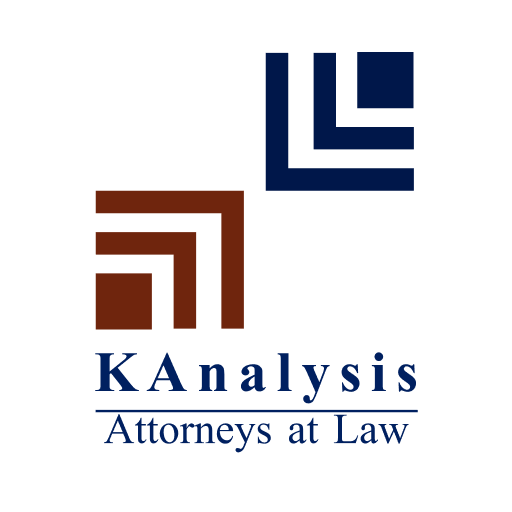
Introduction of Electronic patent grants by the USPTO reducing the pendency of patent applications and promoting a green economy.
The United States Patent and Trademark Office (USPTO) is introducing e-grant of patents fostering a green economy by reducing paper waste and permitting completely issued patents to be visible and printable by applicants and the public. The patent grants will be issued electronically which eliminates the need to provide a hard copy of the e-patent grant and need not be mailed to the correspondence address as a part of the patent issuance process. The electronic patent grant will be the official statutory patent grant. This would be effective from 18th April 2023.
Unitary Patent Package to become effective in 17 EU member states, bringing uniform protection of the patent.
After receiving the ratification of Germany, the necessary ratification procedures are complete to being about Unitary Patent Package. This is a crucial step in IP Protection in Europe. This package will be beneficial for small entities, as it will help them in getting patent protection at a lower cost. It establishes and facilitates uniform technology market transactions across a big economic region in the European economy. Since 1973 the inception of the European Patent System, the Unitary Patent System will represent the single most significant reform. Filing a single patent application with the EPO, will enable universal patent protection across all participating EU member states and provides a centralised forum for litigation before the Unified Patent Court (UPC).
Meta loses its plea to set aside the $175 Million Verdict against it in a streaming patent case.
U.S. District Judge Lee Yeakel’s decision upheld the jury’s finding that Meta’s Facebook Live and Instagram Live live-streaming technology infringed two Voxer patents related to video streaming and messaging and they were awarded $174.5 million in royalty damages. Meta asked the court to overturn the verdict or hold a new trial. It raised several arguments, including that a reasonable jury could not have found infringement, the patents were invalid, and the damages were unjustified.
BioEcho patents its EchoLUTION technology in the U.S. and Japan which offers a sustainable alternative to laboratories.
BioEcho Life Sciences specializes in nucleic acid extraction products and services. With their EchoLUTION technology, the DNA and RNA extraction could be done in a single configuration step as compared to the earlier used technique of extraction relying on silica-based methods, which needed several elaborate washing steps for purification of the nucleic acids. The technology patented would involve fewer steps thereby involving fewer consumables, which would result in a huge reduction of the plastic needed in the laboratories.
Athersys. Inc gets patent from UPTO for cryogenic storage system SIFU.
Athersys Inc. is a cell therapy and regenerative medicine company developing Multistem used in critical care indications and has been granted a patent for its unique cryogenic storage system, the Secure Integrated Freezer Unit (SIFU). This device is not only user-friendly but designed to be used in the hospital setting. It requires no liquid nitrogen and thereby, simplifies the cryogenic logistics process. It helps in 24/7 access to therapies in a controlled environment.
Hermes awarded $1330,000 as damages in trademark infringement against Metabirkins, an NFT collection.
Hermes won a lawsuit against Rothschild who depicted its Birkin bag in a non-fungible token (NFT) collection. The collection features a digital depiction of the French luxury design house Hermes Birkin bag. This collection was created in 2021 and was described as a collection of 100 unique NFTs created with faux fur in a range of contemporary colours and graphic executions. The collection has earned more than 200 ETH in sales. Thus, the jury awarded $110,000 for trademark infringement and $23,000 for cybersquatting against the Defendants and made them liable for trademark infringement and trademark dilution.
NOAA and U.S Patent and Trademark Office collaborate to create work sharing program focusing on the interplay of IP and Climate and environmental technologies.
The Department of Commerce’s U.S. Patent and Trademark Office (USPTO) and the National Oceanic and Atmospheric Administration (NOAA) will work together to promote and advance innovation in the climate and green technology areas. In this program, there will be an exchange program of employees among the agencies to strengthen their work to incentivise innovation. USPTO expertise will help NOAA in imparting intellectual property training and NOAA will help USPTO employees train in reviewing climate and environmental technologies.
DHC granted ‘Punjab Kesari’ interlocutory injunctive relief by restraining trademark infringement of its logo and domain name.
DHC passed the interim order against the Defendant by putting a restrain on the use of infringing ‘KESARI TV’ marks and making them liable under S.29 (1) & (2) of the Trademarks Act, 1999 and for passing off the similar services as those provided by the Plaintiffs. While passing the order the court emphasized the fact that to a viewer of average intelligence and imperfect recollection, there is a possibility of mistaking the services of Defendants under impugned marks to be the services of the Plaintiffs. Further, the defendants were directed to suspend the use of the domain name www.kesaritv.com.
Trademark Registry can consider the advertisement of the mark “CHICKEN ZINGER” by KFC.
The “CHICKEN ZINGER” mark was refused registration by the Trademark Registry Office owing to the descriptive characteristics of the goods or services to which it is applied under Section 9(1) (b) of the Act. The DHC noted that the mark comprises two words – “CHICKEN” and “ZINGER” and that the dictionary meaning of “ZINGER” is “a thing outstandingly good of its kind”. The Court directed the trademark registry to proceed with the Plaintiff’s application for registration of the trademark “CHICKEN ZINGER”. However, the court mentioned that Plaintiff could not have exclusivity over the use of the word “CHICKEN”.
Hermes International’s ‘H’ Mark was declared a certified Well-Known Trademark in the fashion industry by the Delhi High Court.
The Court declares the Plaintiffs’ mark as a well-known trade mark within the meaning of Section 2(1) (zg) of the Trade Marks Act, 1999. Section 11(6) of the Trade Marks Act sets out the factors, which are to be taken into consideration by the Registrar while determining whether a mark is a well-known mark or not. The criteria enumerated in section 11(6) of the Trade Marks Act, read with Section 11(7), like knowledge and recognition of the mark in the relevant section of the public, duration, extent, geographical area of use etc. of trademark were satisfied in the present case.
Restraining the use of the Trademark “KHAN CHACHA” by the food entities.
The DHC has restrained the Defendants from using, advertising, and promoting the “KHAN CHACHA” moniker and making them liable under S 29 (1) of the Trademark Act,1999. The DHC granted an interlocutory injunction against the Defendants from using the mark “KHAN CHACHA” for services identical or allied to the services covered by classes 29 and 43 of the classification of goods and services for trademark purposes. Further, the court ordered to delist the platforms swingy and zomato to delist the defendants from their sites.
The artificial intelligence system Midjourney created images in a graphic novel that were not granted copyright protection.
The novel named “Zarya of the Dawn” authored by Kris Kashtanova contained certain images produced by the AI software Midjourney. The author claimed copyright protection over these but the US Copyright office denied the protection, stating that they are not the product of human authorship. However, the novel was entitled to copyright for the parts that the author wrote and arranged, but not for the images produced by Midjourney. Amidst the rise of AI software like Midjourney, Dall-E, and Chat GPT, the decision by the US agency is the first to discuss the scope of copyright protection for works created with AI.
The Government Increased budgetary allocation for the IPR ecosystem up by 15% to Rs. 329 crores.
Copyright Office and Controller General of Patents, Designs and Trade Marks has increased from Rs. 232.65 crores to Rs. 281.60 crores. The Government in Budget 2023-2024 has allocated Rs.160 crore for the Start-up India Seed Fund Scheme, which is higher than the revised estimate of Rs. 140 crore. There has been a vast rise in the registration of intellectual property applications. The Economic Survey 2021-22 also reflected an increase in the country’s domestic filing for patent registration by 30% in the last 5 years. This all reflects the government’s tilt towards focusing on intellectual property rights and creating awareness for it.
Economic Survey of 2022-2023 and its observations regarding reverse flipping culture amongst start-ups.
As observed by the Economic survey 2023-2023 there is a shift in Indian start-ups as they are exploring ‘reverse flipping’, or shifting their domicile back to India, with easy access to capital from private equity and venture capital. The suggestions, that the report put forth, were that the start-ups are looking for countries with access to the capital market with better valuations. Further, better protection and enforcement of IP and tax treatment of licensing revenue from IP, residential status of founders, have been prominent reasons for flipping in the past.
India ranks 42 among 55 countries on the International Intellectual Property Index 2023.
India ranks 42nd among 55 leading global economies on the International Intellectual Property (IP) Index 2023 released by the U.S. Chambers of Commerce, according to which India is ready to become a leader for emerging markets seeking to transform their economy through IP-driven innovation. India is trying to raise awareness against the negative effects of piracy and counterfeiting, as well as investing in R&D and IP tax incentives.
KAnalysis marked its presence in World IP Forum (WIPF) 2023 in Bengaluru, India.




